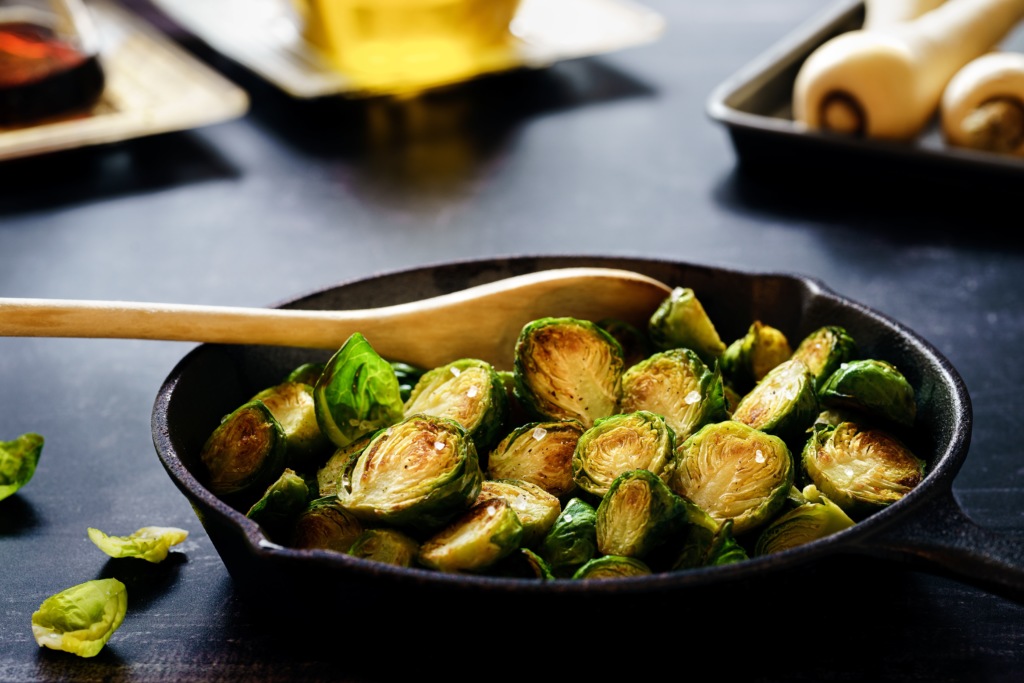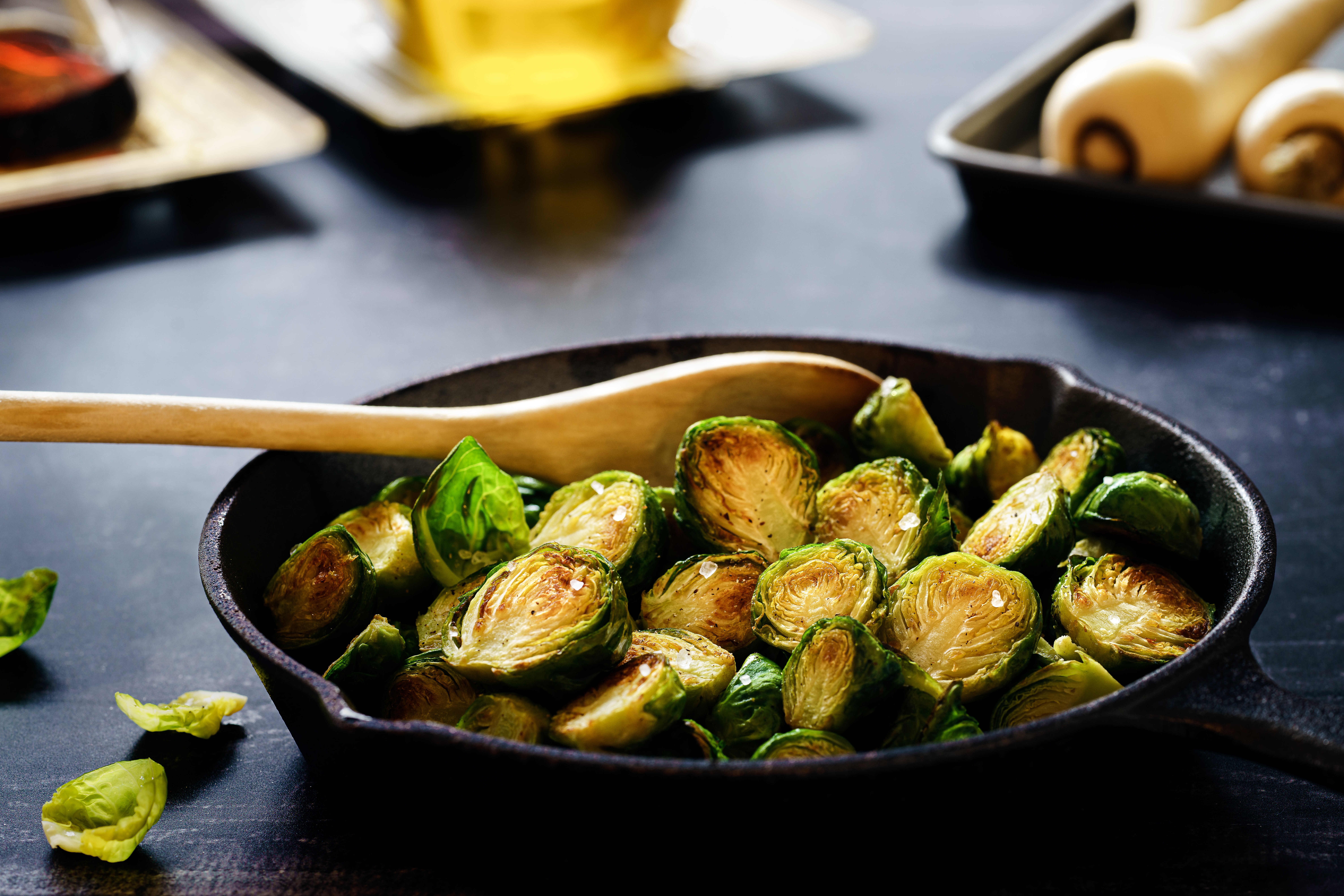
If you grew up in Massachusetts, you probably know Dave Epstein. Ayr’s family listened to him on WBUR for years and years. A meteorologist and gardening guru, he has been sharing weather and gardening wisdom in the Boston area for over 30 years!!
Clover is partnering with Dave – the information he shares, the stories he tells, and his whole philosophy is really in line with everything Clover is about! Here’s a piece he wrote for us about brassicas – if you’re reading this and loving it let us know!! We’d love to share more from Dave 🙂
(By the way – Dave is no longer giving the weather forecast on WBUR but he does have 2 wonderful podcasts that you should check out. Weather Wisdom is a super quick, almost-daily episode on local weather. Growing Wisdom is his podcast on home gardening, vegetables, and more.)
October brings about the changing of the leaves, cooler temperatures and less daylight. It’s also a time of year when the garden is still producing bountiful vegetables including some of my favorites, the brassicas. If you’re not familiar with this term the brassicas they encompass things like kohlrabi and cabbages and collards and of course brussel sprouts. While the climate in New England isn’t exactly what we call Mediterranean, September, October and early November do bring about the closest Mediterranean type weather we’re going to see all year. The warm days and cool nights are typical of that climate and the brassicas love it. They all respond to this favorable weather in kindness.
For the purposes of discussion I’m going to add carrots and beets into this group as well. All of these delicious vegetables become sweeter as the weather turns colder. When temperatures go down around freezing you might be pulling a jacket out of the closet to keep warm but plants do something similarly as adaptive, but with an added benefit, they produce more sugar and or can turn some of their existing starch into more sugars to help fend off the autumn chill. This survival technique for the plant ends up being a bonus for us. This is why that brussel sprout dish is going to taste even better in fall and early winter.
Obviously there’s a point where it just gets too cold and the plant doesn’t survive but in most years the brussel sprouts, their cousins, and garden favorites like carrots and beets will just continue to get sweeter and sweeter right into November.
Growing these types of plants in the fall is quite easy however critters like rabbits and insects like the cabbage moth can wreak havoc with the plants. It’s a good idea to protect them and use organic insecticide regularly. I prefer neem oil protects in my own garden.
So whether it’s enjoying this fall bounty in your latest Clover box or simply picking them up at a farmers market be sure to add these wonderful veggies to your fall diet.
– Dave
